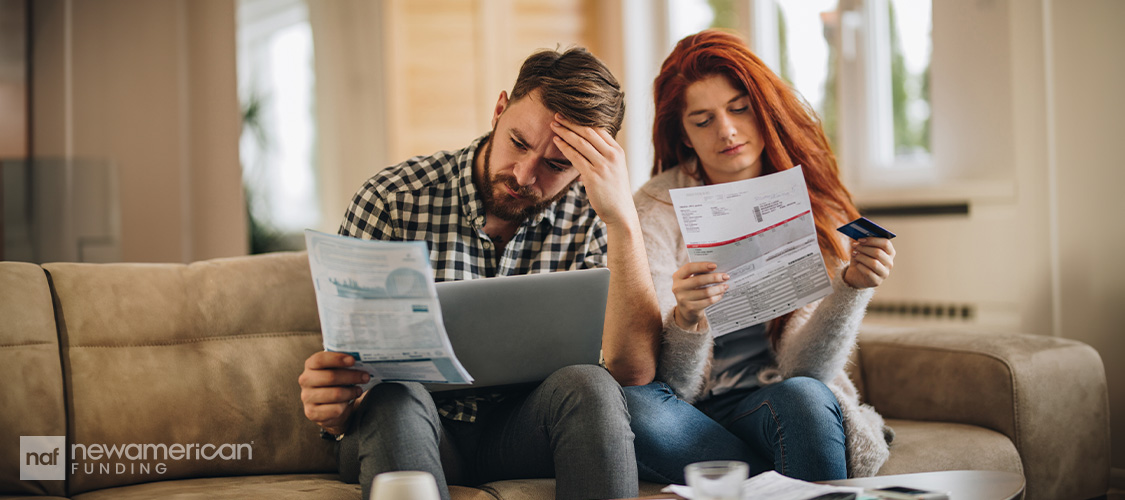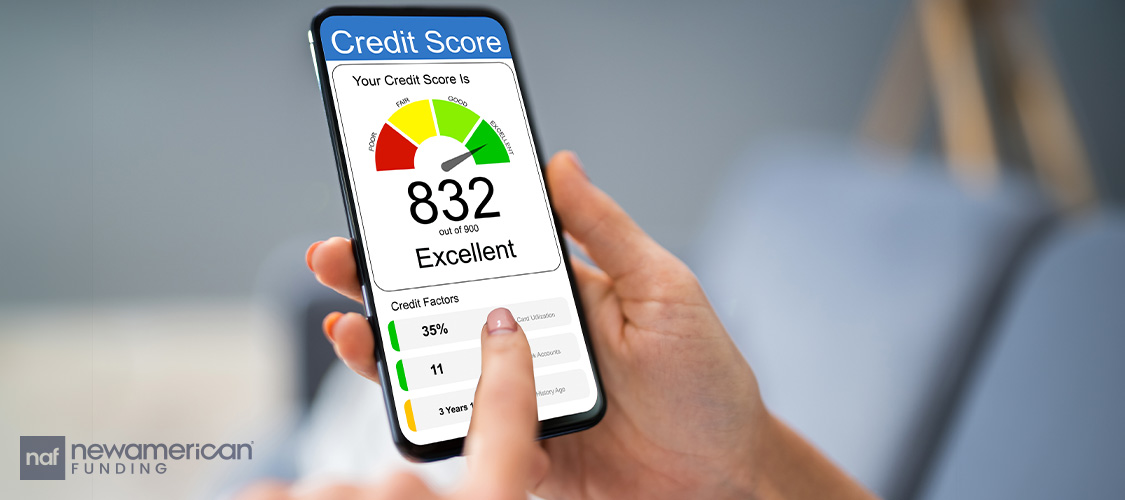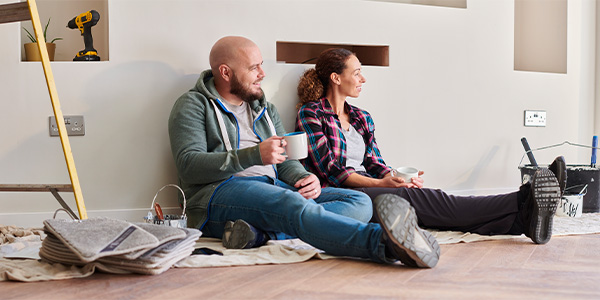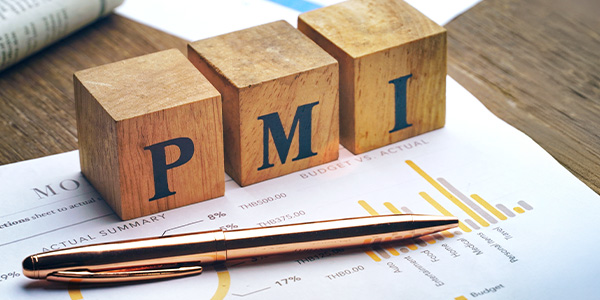Homebuyers
How to Buy a Home with a Mortgage After Bankruptcy
November 25, 2024
A bankruptcy can feel like the end of the world. From the viewpoint of the person who can no longer cover their financial obligations, that black mark on your credit report may feel unsurmountable.
However, bankruptcies can offer a fresh start. While having a bankruptcy may make it more difficult to get a mortgage in the future, it’s not impossible.
Lenders still approve loans to people with bankruptcies on their records. A potential homebuyer with a bankruptcy on file just needs to take the proper steps to build their creditworthiness and pay down debt the same as anyone else looking to buy a home.
One thing to know is that it won’t be quick. There are laws requiring a waiting period between bankruptcy and obtaining a home loan. But it also won’t take forever. And that waiting period is an ideal time to work on rebuilding your credit score.
“Paying [bills] on time and reestablishing credit is the most important thing you can do to get a loan after you file bankruptcy,” said New American Funding Regional Vice President Ralph DiBugnara.
That process of rebuilding creditworthiness will be a little different depending on a few variables, namely what type of home loan you are seeking and what kind of bankruptcy you went through.
Type of bankruptcy determines how long it will take to be eligible for a mortgage

There are several different ways to declare bankruptcy, and which one you chose will help to determine how successful you are in getting a mortgage in the future.
A Chapter 7 bankruptcy provides quicker relief of debts, but typically involves the seizure and liquidation of assets to pay creditors immediately. This type of bankruptcy stays on your credit report for 10 years.
A potential homebuyer will have to wait four years before they can qualify for a Conventional mortgage after a Chapter 7 bankruptcy. They won’t be eligible for an U.S. Federal Housing Administration (FHA) loan for at least two years.
A Chapter 13 bankruptcy does not involve a liquidation of assets but does require submitting to a payment plan with your creditors. The debt is not immediately discharged and debtors enter into a yearslong program to pay back some or all of the debt.
It typically stays on your credit report for seven years.
A Chapter 13 bankruptcy will leave you waiting two years after dismissal for a Conventional loan and just one year for an FHA loan.
This type of bankruptcy is viewed in a better light by lenders, as creditors were paid back some of what they were owed.
“You’re still showing financial responsibility because you’re still paying the debts off,” DiBugnara said. “You’re paying them down for a reduced amount, but you’re paying them off.”
Do I need a better credit score than people without bankruptcies?

A would-be homebuyer after a bankruptcy might think they need to get their credit scores up well above the typical applicant to counteract the negative effects of their bankruptcy.
Rebuilding your credit to a level that shows you’re likely to pay back loans is the only goal.
“The higher credit score definitely helps, but there is no requirement for them to be higher,” said DiBugnara.
As with all people applying for a loan, keeping your debt-to-income ratios as low as possible is ideal (and frequently required for certain home loans). This means you want to have as little debt as possible compared to your income.
A high debt-to-income ratio can be particularly harmful for someone with a red flag like a bankruptcy already on their file. This may signal to lenders that you might not be able to cover another loan payment.
Will homebuyers who went through a bankruptcy receive higher mortgage rates?
The average person who has gone through a bankruptcy should expect higher rates on future loans for as long as the bankruptcy is on their credit report.
The bankruptcy is going to weigh down your credit score and leave lenders more wary of providing a loan than they would be otherwise. Reestablishing credit and waiting until your bankruptcy is well in the rearview will help to lower mortgage rates.
“It’s going to affect your credit score,” said DiBugnara. “In general, you’re probably going to be looked at as a higher risk and that’s going to lead to a higher rate.”
How to get a mortgage after bankruptcy

Applying for a mortgage after bankruptcy is very similar to the standard process of applying for a home loan. You must get your paperwork in order and research which loans may be best for you.
A bankruptcy just adds extra qualifiers and documents to the process. You will need to provide details on your bankruptcy and the dates of its discharge or dismissal.
Eligibility requirements for people who have gone through bankruptcy will also include mandatory waiting periods from the time your bankruptcy was resolved.
Getting a mortgage loan with a bankruptcy in your past is no easy task, but it is possible for many homebuyers. With an eye toward rebuilding credit and a plan to seek out the right loan, homeownership may still be well within reach.
Ralph DiBugnara NMLS # 19269





